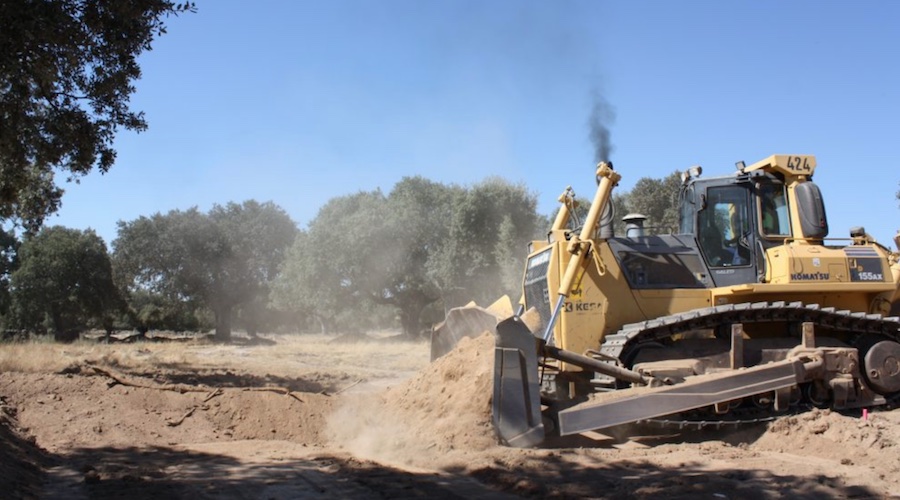
According to the regulator, there was a lack of reliability and a high level of uncertainty over how radioactive waste would be stored at the facility.
At the time, Berkeley said it was extremely disappointed by the decision and would consider options to defend its interests.
Berkeley’s Retortillo project in the western region of Salamanca received preliminary approval in early 2013. Project development started in 2016 but since then, the miner has struggled to obtain all the necessary permits to begin construction.
It did receive a number of favourable assessments from various regulatory bodies, such as two rulings from the Nuclear Safety Council relating to pre-operational surveillance plans for radiological and environmental effects, and the control of underground water.
However, several environmental groups have, in the meantime, filed appeals to the company’s licences and permits, while politicians in both Spain and neighbouring Portugal had voiced their opposition to the project.
The recent news of the Ministry’s denial, thus, was welcomed by activists opposing the project, particularly the Stop Uranio environmental protection group, which has been campaigning against the mine for a decade now.
Worries surrounding the project include its impact on nearby farm animals, mainly cattle.
With files from Bloomberg News.




